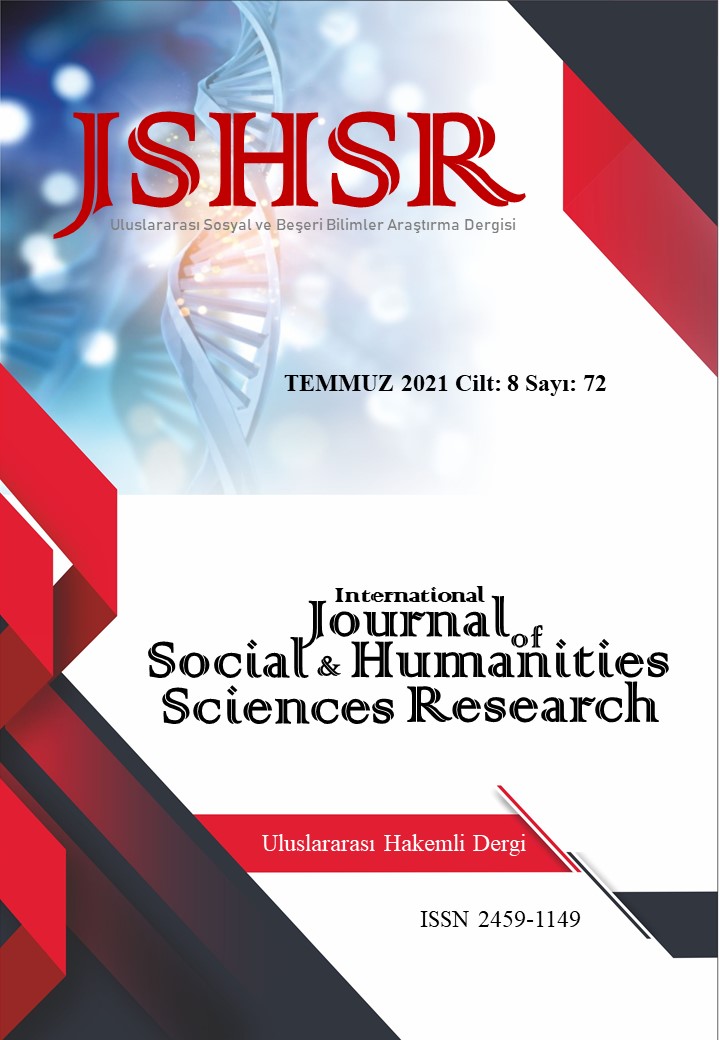THE EFFECT OF PROCRASTINATION BEHAVIOR OF PRIVATE-SECTOR EMPLOYEES ON PSYCHOLOGICAL EMPOWERMENT
DOI:
https://doi.org/10.26450/jshsr.2527Keywords:
Procrastination Behavior, Private Sector Employees, Psychological EmpowermentAbstract
The purpose of this research is to investigate whether the procrastination behaviors of private-sector employees have an effect on psychological empowerment. With the questionnaire used for this purpose, the effects of procrastination behaviors on psychological strengthening depending on some variables have been examined. In the analysis of the research data, descriptive statistics such as arithmetic mean, frequency, standard deviation, and percentage values have been used. When we evaluated the general procrastination behavior and psychological empowerment levels of private-sector employees according to the leisure time preferences variable, no significant difference was observed between the mean scores of the general procrastination scale and the psychological empowerment scale. For the significance level of the psychological empowerment scale, the levels of employees who stated that they read books in their spare time were found to be significantly higher than those who stated that they go out. According to the analysis results of the general procrastination behavior and psychological strengthening levels of private-sector employees according to the professional experience variable, the procrastination levels of employees with a professional experience of 11-15 years on the general procrastination scale were found to be significantly higher than those of employees with a professional experience of 16 years or more. In the autonomy sub-dimension of the psychological strengthening scale, the levels of employees with a professional experience of 16 years or more were found to be significantly higher than those of employees with a professional experience of 6-10 years and 11-15 years
Downloads
Published
How to Cite
Issue
Section
License
Copyright (c) 2021 INTERNATIONAL JOURNAL OF SOCIAL HUMANITIES SCIENCES RESEARCH

This work is licensed under a Creative Commons Attribution 4.0 International License.


